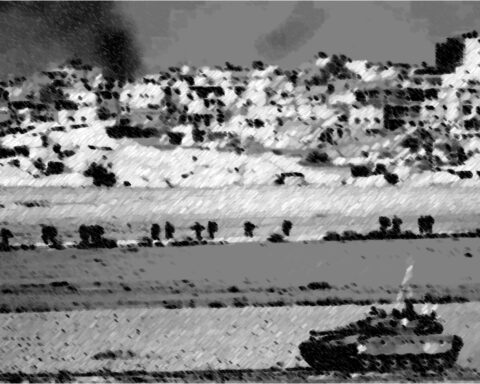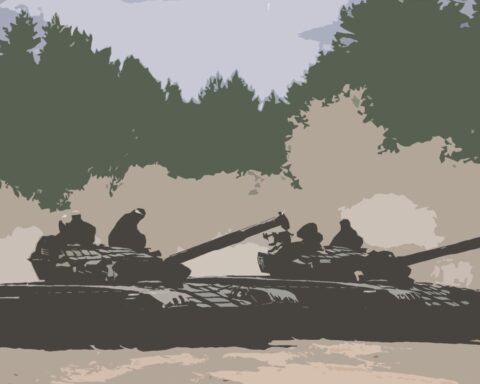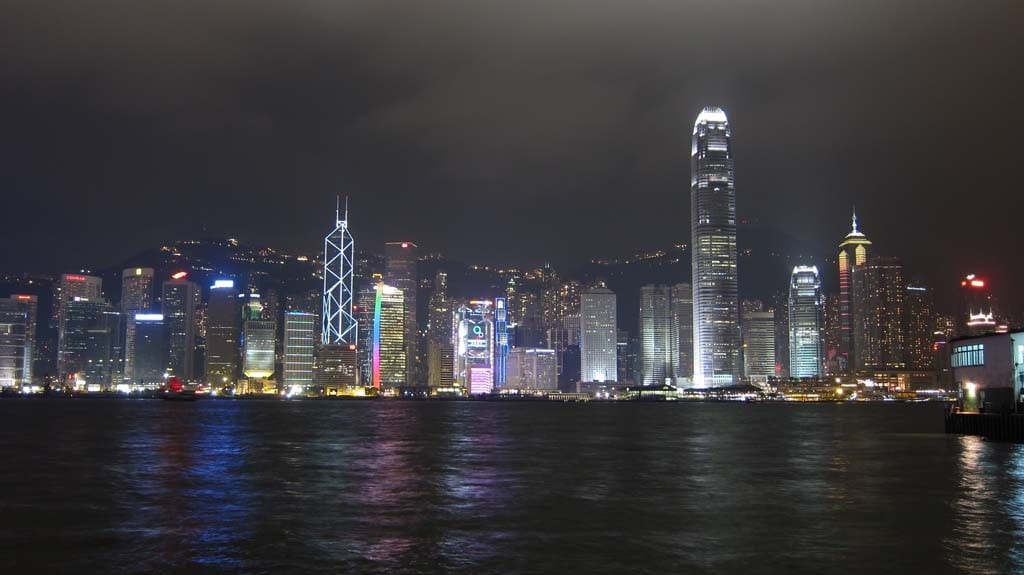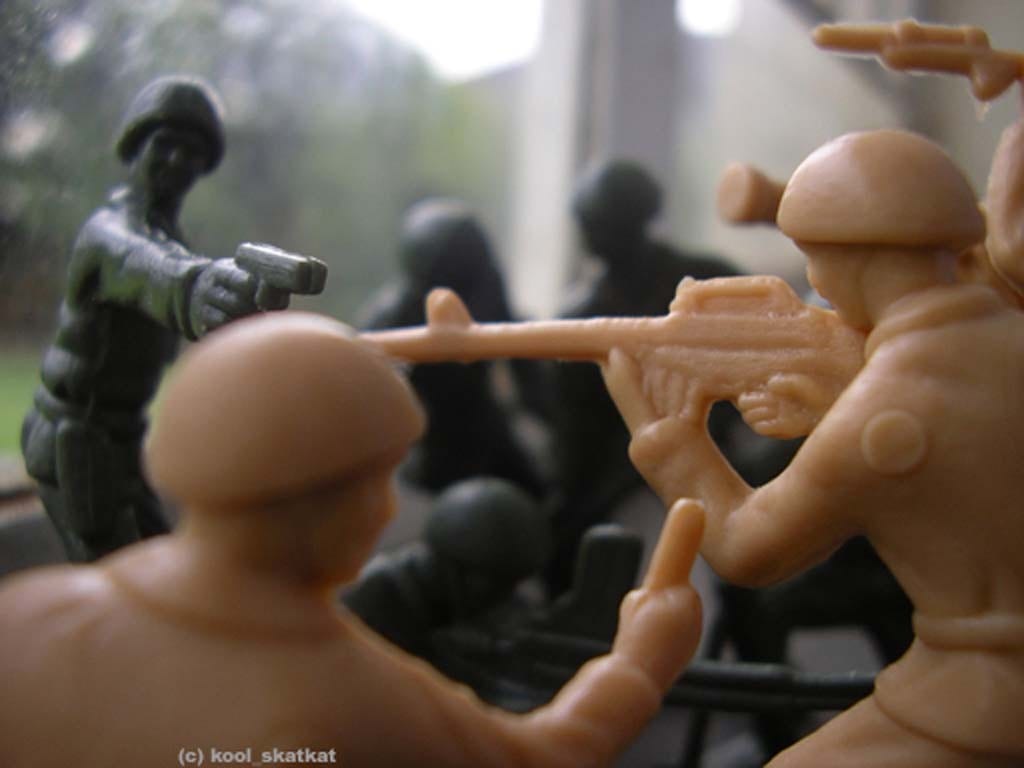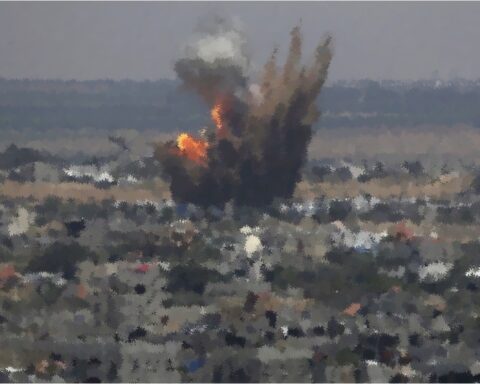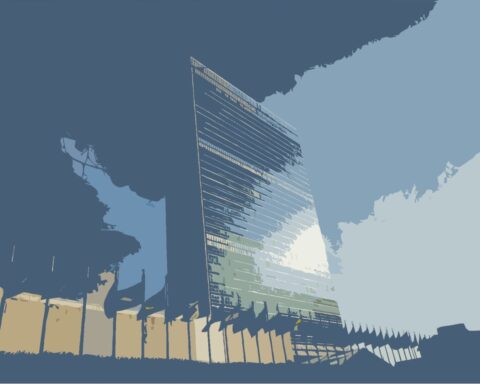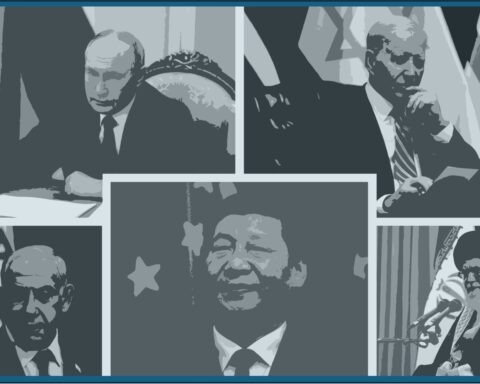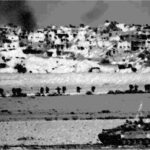In case you missed it be sure to check out the first and second part of the series, ISILationism, Part 1 and ISILationism, Part 2!
A question that must be asked when confronting Fundamental Islam is: where and when have terrorism and insurgencies faltered, ultimately failed, and reached complete fallout? The answer, as should be known, is: nowhere and not yet!
Salafi Jihadism, under the guise of some newly emerged radical Islam, has been an overt force in the world since the beginning of our current millennium, with no tangible sign for the hopeful demise of its existence. Al-Qaida rose from obscurity after the September 11th terrorist attacks on New York City to a globally renown, expertly organized network promoting the destruction of the “far enemies” in order to universally advent Sharia Law. This organization, however, has diminished in power and overall capabilities through the relentless strategies and countermeasures conducted by the United States to successfully subvert Al-Qaida. With the conclusion of military operations in Iraq officially declared and executed in 2011, a lessening concern for Afghanistan has also increased among public policy and public opinion in America. Additionally, the multinational forces have grown battle-weary and the exhaustive, perpetual struggles with the Near East’s intolerance for democratic implementation bear no eventual reward. Both conflicts in Iraq and Afghanistan have met a kind of standstill at the edge of maddening continuity, where the only true dissolution of war rests in the authority of executive decisions to simply enact them.
Within this pervading ambiguity arises the causality of anything and everything, where hypothetical expectation may, indeed, occur but through infinite avenues of approach never initially supposed. Al-Qaida relinquished its strong foothold in Afghanistan and pushed further East into Pakistan to avoid more casualties, but this was no safe-haven as Osama Bin Laden was eventually targeted and killed at his compound in Abbattabad. The waning power of Al-Qaida exerted a strain on the Taliban, which now fends for itself in Afghanistan at the expense of Al-Qaida’s withdrawal and overall lack of authority with global terrorism. Yet, out of all the satisfaction and glory of America’s triumph in annihilating the monarch of modern terrorism, the sheer pride and amazement of victory had blinded leaders of the free world from another agent of chaos born from the fire and ashes of the Syrian conflict.
The hubris of the United States in the Near East apparently has no stopping point, as aiding and abetting the Al Nusra Front, among other rogue insurgents in Syria, proves just how effortlessly misjudged compromises can backfire. Syrian President Bashar Al-Assad’s forces have wreaked more carnage upon the land than the Islamic State, massacring civilians and rebels by the day and thereby necessitating a retaliatory militia that has come to be known as the Islamic State. Insurrection by an opposing force to overthrow the regime was a call to action on the sidelines of American involvement, but favored, nonetheless, as a preferred course towards ousting Syria’s dictatorship for good. This, undoubtedly, has not come to fruition and a new wave of terror inextricably linked to the regime has overwhelmed Syria; simply put, President Bashar Al-Assad’s irreverent disregard for human rights and totalitarian onslaught has been, effectively, the “fuel for the fire” of insurgency, that burns evermore explosively with ISIL.
Rapid accession of the Islamic State from across the globe currently takes precedence as a universal matter to be reckoned with, but the intrepidness of foreign fighters uniting with ISIL is most striking–many have left a life of luxury to partake in a violent cause for the hardline implementation of Sharia Law! This phenomenon transpired with Al-Qaida and the Taliban fighters, a significant minority of whom where born in Europe and North America. But the appeal of the Islamic State is pulling in more and more warriors to level Syria and Iraq’s foundations. American foreign policy has now readjusted to cater to the Syrian regime’s initial focus, and the U.S. has taken the lead as a distant yet thoroughly involved observer. Regrettably, the forward momentum of such a switch in protocol has wide-reaching repercussions for America and such an immediate reversal perhaps gives the impression of desperation by the United States. This is unlikely the case though, and the more feasible reason is that ISIL is gaining worldwide support and the influx of new fighters may eventually bog the Syrian regime down to nil, where disorder and anarchy secede the country. If a true Caliphate by the Islamic State is to be founded it will be in Syria once Bashar Al-Assad has disappeared from the scene.
There are no “front-lines” and there never have been since the War on Terror’s inception; thus, by this condition, the finality of warfare can be as vaguely transparent as the covert operations themselves. The “War on Terrorism” itself is a rather obscure term defined by the curious juxtaposition of absolutism (war) and fundamentalism (terrorism). Such a conventional approach to unconventionality allows the latter to immortalize itself through elusiveness and zealotry, which would promote an ever-widening, ever-present danger at any time and any place. In other words, waging a war against an ideology so unassuming and invisible that it is virtually omniscient would be a campaign fraught with no ends! However, America and all those in opposition to Salafists must counter the threats of the Islamic State and global Jihadism in order to contain these crises, at best.


